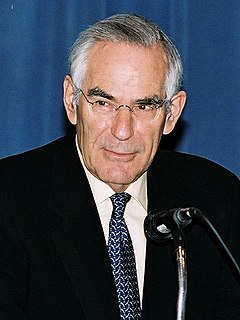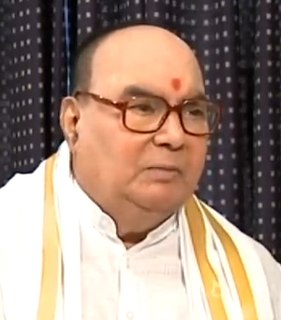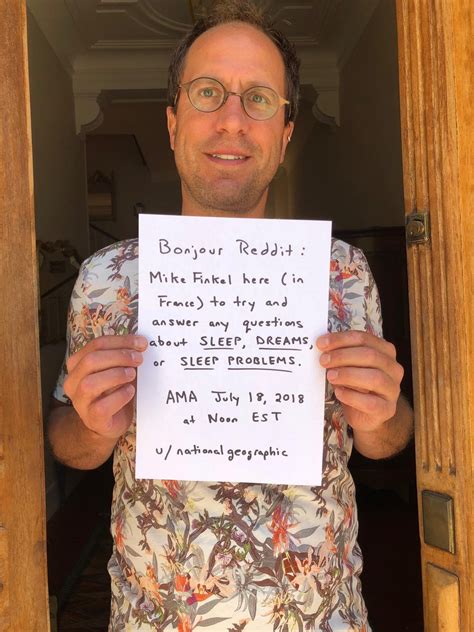A Quote by David Halberstam
The byline is a replacement for many other things, not the least of them money. If someone ever does a great psychological profile of journalism as a profession, what will be apparent will be the need for gratification—if not instant, then certainly relatively immediate. Reporters take sustenance from their bylines; they are a reflection of who you are, what you do, and why, to an uncommon degree, you exist. ... A journalist always wonders: If my byline disappears, have I disappeared as well?
Quote Topics
Always
Apparent
Certainly
Degree
Disappeared
Disappears
Does
Ever
Exist
Gratification
Great
Immediate
Instant
Journalism
Journalist
Least
Many
Money
Need
Other
Profession
Profile
Psychological
Reflection
Relatively
Replacement
Reporters
Someone
Sustenance
Take
Them
Then
Things
Uncommon
Well
Why
Will
Wonders
Related Quotes
Anyone who does investigative journalism is not in it for the money. Investigative journalism by nature is the most work intensive kind of journalism you can take on. That's why you see less and less investigative journalism at newspapers and magazines. No matter what you're paid for it, you put in so many man-hours it's one of the least lucrative aspects of journalism you can take on.
I want to help clean up the state that is so sorry today of journalism, and I have a communications degree. I studied journalism -- who, what, where, when, and why -- of reporting. I will speak to reporters who still understand that cornerstone of our democracy, that expectation that the public has for truth to be reported. And then we get to decide our own opinion based on the facts reported to us.
Just take one thing out and the whole palace, the whole edifice of the human mind collapses. Take effort out of it and desiring disappears, imagination disappears, past and future disappear, or take desire out and effort disappears and time disappears and ego disappears. Just take one thing out of the gestalt and the whole gestalt simply disappears; it cannot exist without certain things. Those are the very essentials of it - effort is one of the essentials. Hence all the great Masters of the world have taught about grace.
If editors truly want to improve their byline ratio, they need to stop lamenting the fact that few women journalists send them cold pitches and start taking a hard look at their stable of regular contributors. How many women are on the masthead? How many women columnists or bloggers are on the payroll? This is how real change is going to happen.
I wrote about Freud and the process of sublimation, which is when you learn to stop breast-feeding, or stop going to the toilet whenever you want to. It's about learning to repress a desire for instant gratification. And in a repressed society, artists fulfil a sense of harking back to instant gratification, or immediate expression, by doing things that function on the edge of society, or outside of what is conventionally accepted.
I imagine you will always be pinched for money, for time, for a place to work. But I think you will do it. And believe me, it is not a new problem. You are in good company...Your touch is the uncommon touch; you will speak only to the thoughtful reader. And more times than once you will ask yourself whether such readers really exist at all and why you should go on projecting your words into silence like an old crazy actor playing the part of himself to an empty theater.
Let there be two possible things, A and B, one of which is such that it is necessary that it exists, and let us assume that there is more perfection in A than in B. Then, at least, we can explain why A should exist rather than B and can foresee which of them will exist; indeed, this can be demonstrated, that is, rendered certain from the nature of the thing.
The second suggestion is to think as well as to read. I know people who read and read, and for all the good it does them they might just as well cut bread-and-butter. They take to reading as better men take to drink. They fly through the shires of literature on a motor-car, their sole object being motion. They will tell you how many books they have read in a year. Unless you give at least 45 minutes to careful, fatiguing reflection (it is an awful bore at first) upon what you are reading, your 90 minutes of a night are chiefly wasted.
If love exists between two persons, it is blessed. If love does not exist between two persons, then all your laws put together cannot bridge them. Then they exist separate, then they exist apart, then they exist in conflict, then they exist always in war. And they create all kinds of trouble for each other. They are nasty to each other, nagging to each other, possessive of each other, violent, oppressive, dominating, dictatorial.
































